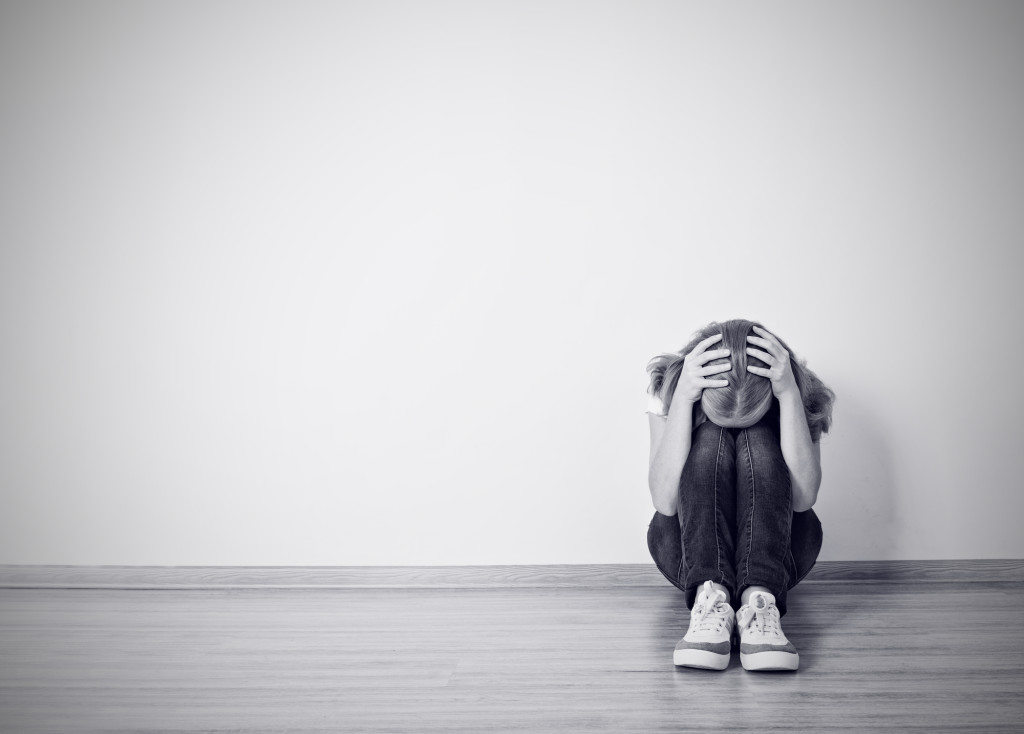Depression Treatment

What is Depression?
Depression is a mood disorder that causes persistent feelings of sadness. Sometimes depression is due to a chemical imbalance. Other times depression happens as a result of significant life events or chronic stress.
Some people can remember having depression from a young age, while other people may experience depression as a young adult. Nearly 15 million people experience depression each year, and while the majority of depressed individuals are women, only two-thirds receive treatment.
Depression is also on the rise in aging and elderly populations. Late life depression for those 65 years of age or older effects about 6 million Americans, but only 10% of individuals in this age group receive treatment.
What are the symptoms of Depression?
The symptoms of depression are easy to remember through the mnemonic SAD FACES.
S: Persistent feelings of sadness or hopelessness, crying easily and/or feeling like a failure
A: Anhedonia or loss of interest in activities / hobbies that once brought pleasure, including lack of interest in sex or diminished sex drive
D: Difficulty with sleep and/or changes in sleep patterns
F: Feeling fatigued and/or exhausted
A: Changes in appetite, including weight gain / loss
C: Difficulty with concentration, easily distracted, and/or inability to think clearly
E: Lack of energy
S: Thoughts of suicide or thinking about death often
Do I have Depression?
If you answered yes to 3 or more of the categories above, you could be depressed.
Depression can vary in frequency and severity, but if you’re having a difficult time concentrating or being interested in activities that once brought you pleasure and happiness, then it might be time to talk with a therapist.
Friends and family can be well-meaning, but a counselor is trained to identify symptoms of depression and work with you.
What is Depression Treatment?
Cognitive Behavioral Therapy (CBT) is effective at treating depression. Many academic studies show that CBT can be just as effect as medication for depression for certain individuals.
Cognitive Behavioral Therapy applies the principle that a person’s mood is directly impacted by thoughts that are largely negative in nature. When negative thoughts are identified, then mood and behavior can change.
CBT is one depression treatment that works and empowers clients. The skills taught in therapy are also portable, meaning that clients learn skills in session prior to applying these skills in every day life. Ultimately each client learns a new way to interact with the world, improving their relationships while better differentiating what thoughts are influenced by a depressed head and which are not.
In Cognitive Behavioral Therapy, clients learn skills that can be applied every day in a variety of situations, making this form of depression treatment portable, practical and approachable.
Should I schedule an appointment?
If you’ve been isolating from family and friends, crying a lot, experiencing feelings of helplessness / hopelessness or struggling to find pleasure day in and day out, then it’s likely time to talk with a therapist.
Schedule your first appointment today. I want you to start feeling better and start being you again.